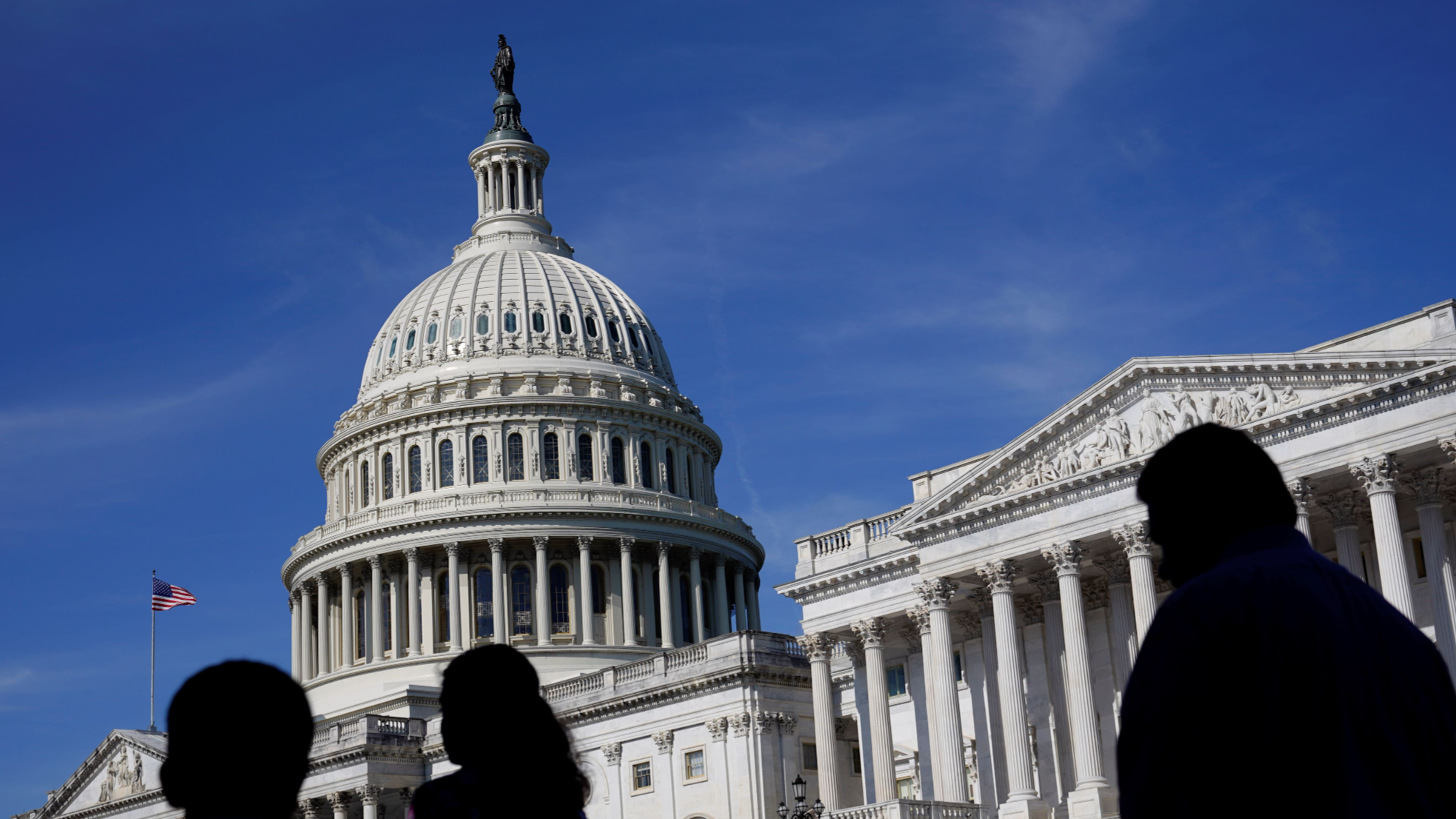
The US House of Representatives passed the "Countering the PRC Malign Influence Fund Authorization Act of 2023" on Sept 10, which authorizes $325 million annually for fiscal years 2023 through 2027 to combat what it purports to be the malign global influence of the Communist Party of China.
"The Chinese Communist Party's growing global influence is a direct threat to the sovereignty of nations and the free and open international order we are committed to defending, said Congressman Andy Barr, the proposer of the act, in a glib spiel of the anti-China buzz-speak that masquerades as political acumen in Washington. "This legislation equips us with the tools to counter China's coercive tactics, ensuring that America and our allies can stand strong against authoritarianism while protecting our national security interests."
The act is just one of the dozens of China-related bills the House passed collectively during that China Week. But it is the one that has triggered a strong and immediate backlash from Beijing.
READ MORE: Mutual progress key for relationship, Xi tells Blinken
That the US lawmakers could pass the act, which violates the basic norms governing international relations, raises concerns that the positive momentum in the efforts of the two sides to repair bilateral relations might become a flash in the pan.
The funds are supposedly to support initiatives to counter the CPC's "disinformation, promote transparency, reduce corruption, and combat coercive economic practices like those tied to China's Belt and Road Initiative", according to the act.
But Barr's proposing of the act is probably more self-serving as part of what is being targeted as China's influence is its urging of countries to cooperate on climate action and accelerate the green transition.
Barr is the Republican representative for the State of Kentucky, which is home to more than one-fifth of the US' coal mines. With 95 percent of the coal staying in the US and 46 percent being used in-state, coal accounts for 69 percent of Kentucky's electricity portfolio and 32 percent of its total energy consumption, according to the Kentucky Energy Portfolio 2023 released by the Kentucky Energy and Environment Cabinet. It does not require any Holmesian deduction to see the interests that might have motivated him to propose the act.
That he comes from a military family also suggests that he is unlikely to be receptive to China's "influence", since it advocates for building a new type of international relations, one that is not based on the pecking order of military might.
China proposes that national security be common, comprehensive, cooperative and sustainable, and one country's security should not be built upon the insecurity of others. National security requires clear boundaries, particularly in the economic and political domain, where they must be scientifically defined.
READ MORE: Civilian diplomacy plays key role in Sino-US relations
The rhetoric employed by the US lawmakers to justify the bills they propose serves to disguise the impetus behind their moves and the nature of the funding as a lifeline supporting the US' systematic propaganda campaigns against China, a tactic Washington used against the Soviet Union throughout the Cold War. The act itself represents a "disinformation" endeavor of the US to smear China's ruling party, trying to sow discord between it and the Chinese people, and China and its partners, a scheme the US side has put into practice since the previous US administration.
Despite the great lengths the US is going to in a bid to tarnish China's image, China is trying its best to build more bridges and pave more roads for people-to-people exchanges, as it firmly believes the key to pursuing the steady, sustained development of China-US relations is cementing public support.
China is committed to ensuring better lives for its people at home, and to making greater contributions to world peace and development. The US should do the same instead of playing its zero-sum games.


